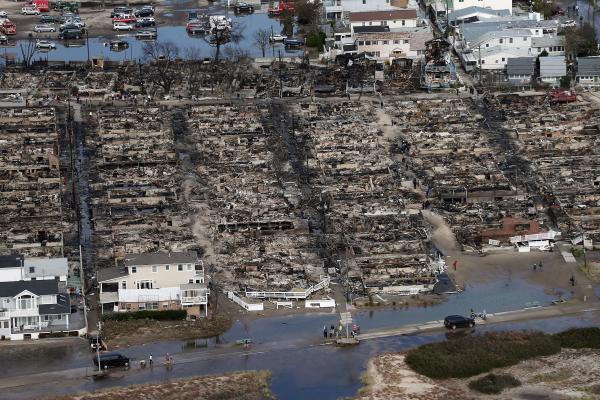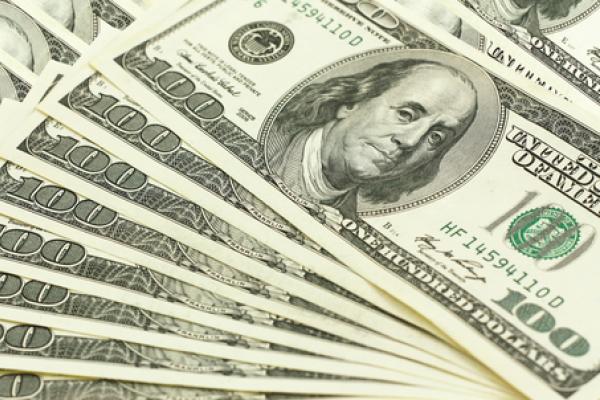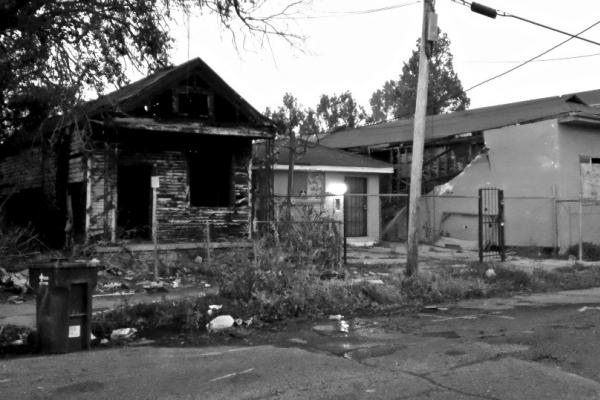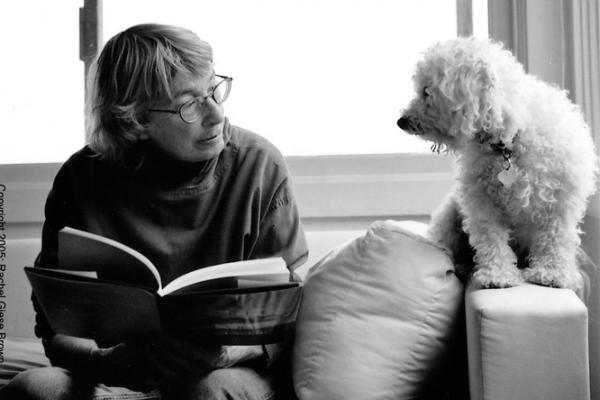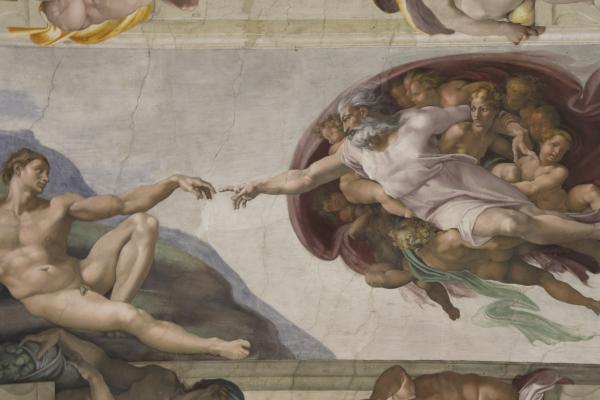It is not surprising that our purely secular “environmental” movements have played out their ability to change society. For the changes we need to undertake are not only technological and political, but deeper and more difficult. They call on us to shape new institutions and new values.
When God’s Wind shattered Pharaoh’s power at the Red Sea, it was only the beginning of the creation of a new society. It took 40 years of struggle, of transformation and mistake, backsliding and grumbling, to ready a people that could live in a sacred relationship with each other, with the Earth, and with the Breath of Life.
So even if we were to shatter the gross and domineering political and economic power of our modern pharaohs, the giant corporations of Big Oil, Big Coal, Big Unnatural Gas that will not relent from over-burning and overpowering us, we would still need to be growing what religions claim to offer: a new vision of our lives.
Most people in America, whether they are religious or not, prefer consistency in the faith community to hypocrisy. One of the reasons the fastest growing demographic in religious affiliation surveys is now “none of the above” is that too many people see more religious hypocrisy than consistency.
Religion is not, at its core, politically partisan. But too often religion becomes a political tool; and we see that on both sides of the aisle. That does not mean people of faith shouldn’t have strong convictions or feelings about political issues or shouldn’t vote one way or another; or that there is a moral equivalency between the political parties and it doesn’t matter which way we vote. Elections are important, and people of faith should be voting as citizens and by their most basic values.
But let’s be clear: On Nov. 6, neither a Republican nor Democratic victory will bring in the Kingdom of God.
Play along with me. If you had $1 million to spend to help stimulate the economy, what would you do? What would I do?
Option 1:
Give the money to a billionaire, in the blind hope that the billionaire will pass along that million to his employees in some form. Or that he’ll spend it on a nice luxury product that (hopefully) will be an American product. Or that he won’t exercise the many loopholes that still exist and he’ll give that whole amount back to the U.S. government to spend. And of course, pray that the money won’t go into an offshore investment account somewhere in the Caribbean or Switzerland.
But what would Jesus do? What investments would Jesus make that I would want to make as well?
Much has been said by politicians and the press in this campaign. In three presidential debates alone, we've heard the two contenders for our nation's highest office speak of tax cuts, deficits, jobs, and the middle class literally hundreds of times.
But much has also been left unsaid. In those same presidential debates, poverty was hardly featured and the word "inequality"didn't appear at all.
How can it be that the Holy Bible refers to helping the poor and vulnerable more than 2,000 times, yet two professing Christians running for president of the United States disregard this unholy scourge?
As we did not hear in the debates, nearly 50 million Americans are currently living in poverty – more than at any other time in our nation's history – and between a third and half of all Americans are within a few lost paychecks of the poverty line. When a quarter of all American jobs pay less than poverty line wages for a family of four, systemic poverty and inequality become more than abstract economics: they are moral and Constitutional concerns.
So they should be treated by the men and women who aspire to lead our country.
What’s the first thing you think of when you think poetry readings by a Poet Laureate and a Pullitzer Prize winner? Well, whatever it is, I’m sure you weren’t thinking dogs.
Nonetheless, pet dogs were brought up more than anything else during poetry readings by Billy Collins and Mary Oliver at the Strathmore in Bethesda, Md. on Sunday. They managed to bring up their dogs in a beautifully poetic way, of course.
But perhaps the most important take away from the evening came from Oliver during a question and answer time after the readings. She said something like this: “Pay attention. Be astonished. And tell about it. We’re soaked in distractions. The world didn’t have to be beautiful. We can and should think about that beauty and be grateful.”
Those are words I have tried to live by for the last year.
Both poets demonstrated that attention in their work — even in poems about dogs.
VATICAN CITY — Exactly 500 years ago, on Oct. 31, 1512, Pope Julius II led an evening prayer service to inaugurate the Sistine Chapel and Michelangelo's newly-finished vault frescoes.
But as Pope Benedict XVI on Wednesday celebrated the 500th anniversary of the Renaissance masterpiece, the Vatican said the growing number of tourists who visit the historic site every year might eventually lead to limiting access to the chapel to help preserve the frescoes from human-born problems and pollutants.
“We could limit access, introducing a maximum number of entries,” wrote Antonio Paolucci, the director of the Vatican Museums, in L'Osservatore Romano, the Vatican's semi-official newspaper. “We will do this, if the pressure from tourism were to increase beyond a reasonable level and if we were to fail in resolving the problem efficiently.”
Paolucci stressed, however, that in his opinion such measures will not be necessary “in the short to medium term.”
New Andrew Bird, a little Reformation polka, a concert film from Mumford and Sons, an app that hides all those pesky political Facebook updates, an awesome Halloween costume, a Hobbit-themed airline safety video, The Buddhist Rapper, and, of course, the top ten ways to smash a pumpking.
I know, that's a lot to take in.
